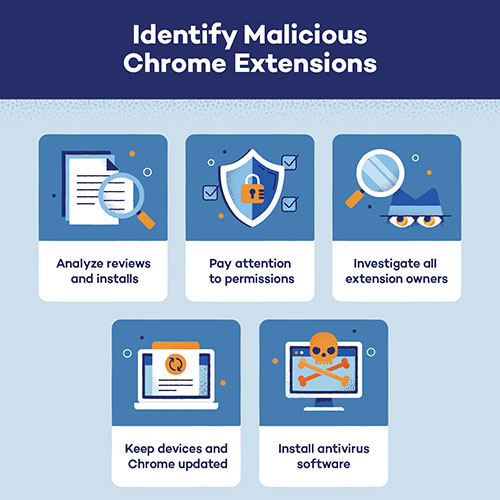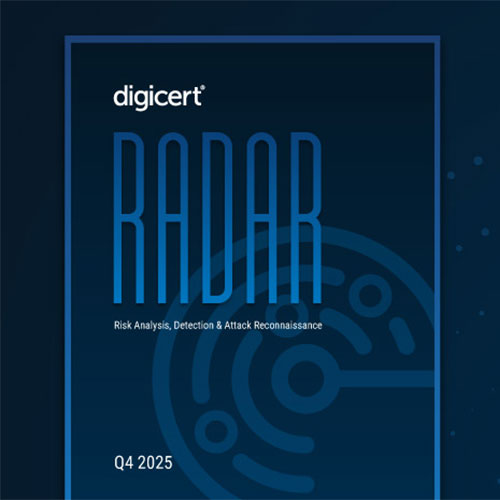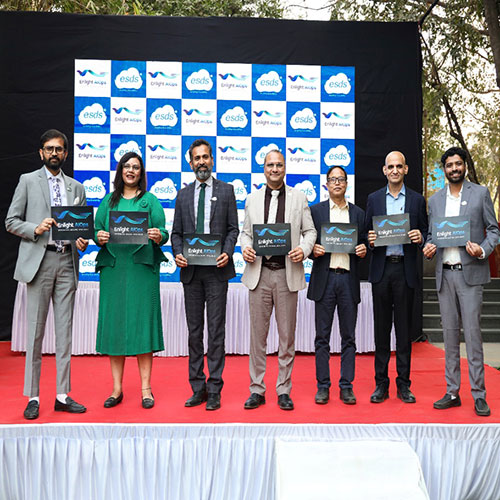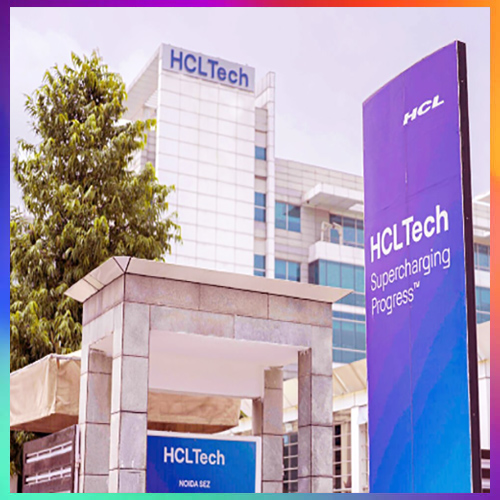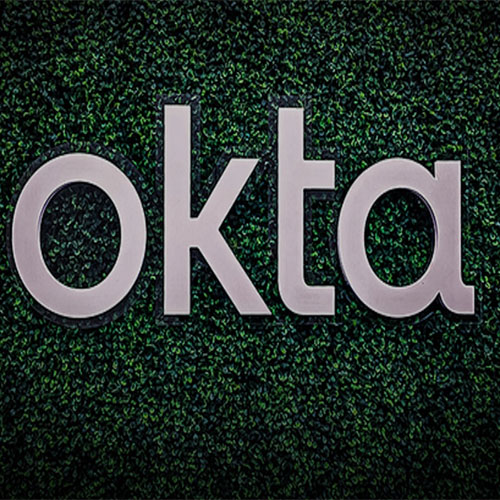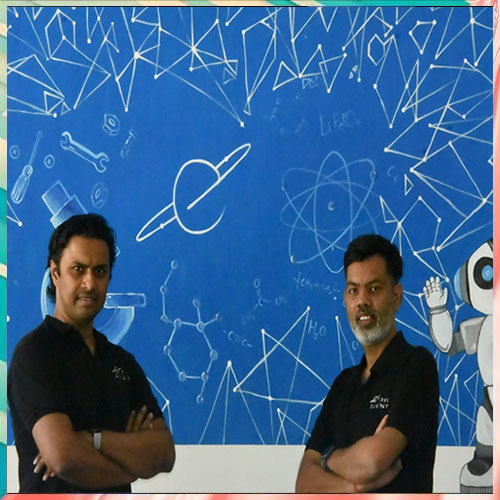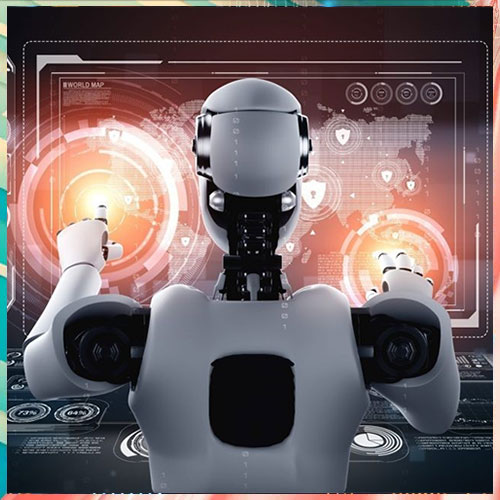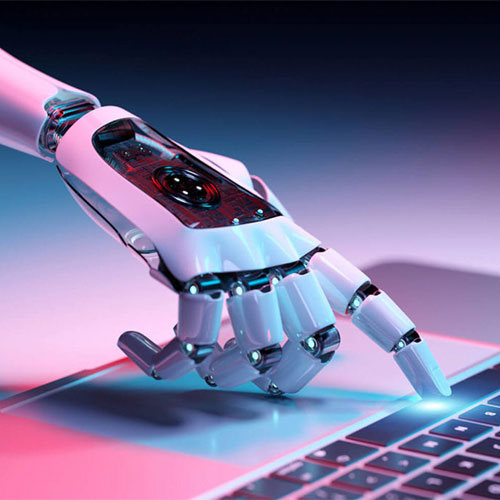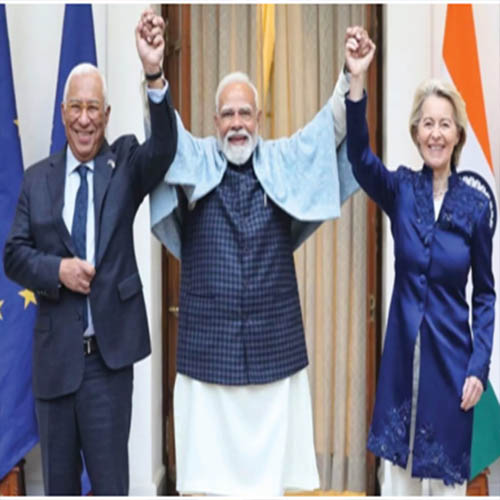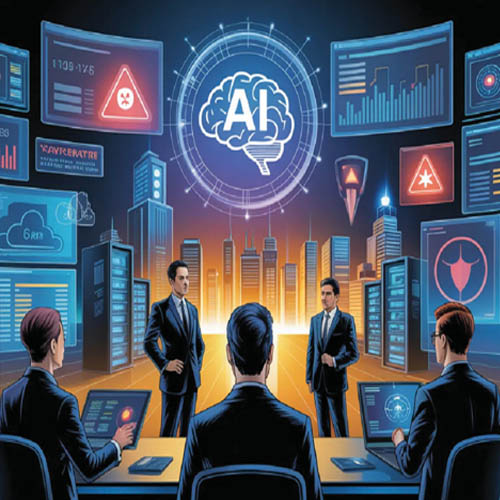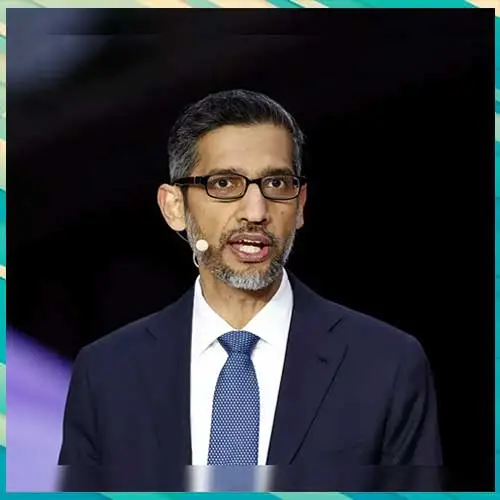
Google CEO Sundar Pichai has issued a clear warning to users: do not “blindly trust” artificial intelligence, even as it becomes deeply embedded in daily life. Speaking about the rapid advancement of generative AI and large language models, Pichai emphasized that while AI is a powerful tool, it is not infallible—and users must remain aware of its limitations.
Pichai noted that AI systems can still generate inaccurate, incomplete, or misleading information, especially when dealing with complex reasoning or rapidly changing events. He stressed that critical thinking and human judgment remain essential, even as AI becomes more capable and accessible. According to Pichai, technology companies have a responsibility to build safeguards, improve model accuracy, and ensure transparency around how AI works, but users must also play an active role in verifying information.
He highlighted the importance of AI literacy, urging people to understand how these systems are trained, what their biases might be, and where they can fail. Pichai reiterated Google’s commitment to responsible AI development, stating that the company continues to strengthen fact-checking mechanisms, refine guardrails, and invest in safety testing to minimize the risks of misinformation and harmful outputs.
As AI integrates into search, productivity tools, and personal assistants, Pichai said the goal is not to replace human decision-making but to augment it. “AI is a helpful collaborator,” he said, “but humans must stay in control.”
His message reflects a broader industry consensus: AI’s potential is enormous, but trust must be earned—never assumed.
See What’s Next in Tech With the Fast Forward Newsletter
Tweets From @varindiamag
Nothing to see here - yet
When they Tweet, their Tweets will show up here.





